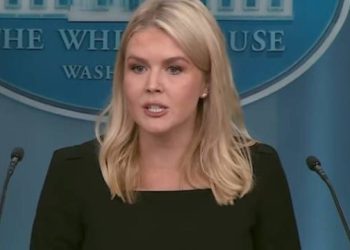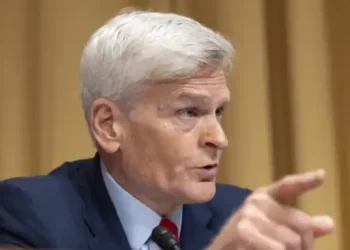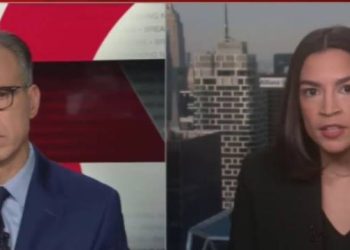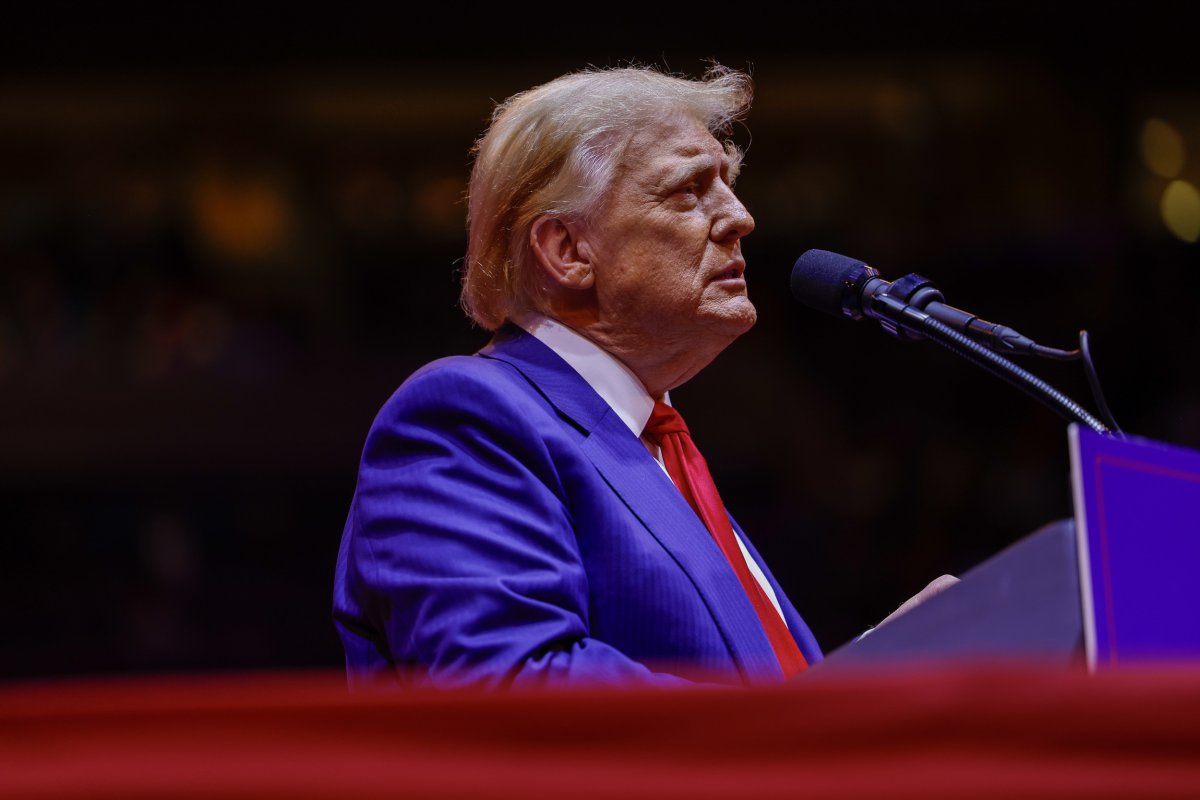“If Senator McConnell was looking to accelerate the deterioration of his legacy as the former Republican Senate leader, he’s succeeded,” a Senate GOP source told Fox News Digital on February 16, 2025.
President Donald Trump criticized former Senate Republican leader Mitch McConnell, R-Ky., as “not equipped mentally” after McConnell opposed his party and voted with Democrats on key Cabinet nominations. “He wasn’t equipped ten years ago, mentally, in my opinion,” Trump told reporters at the White House after McConnell refused to support the confirmation of Robert F. Kennedy Jr., Trump’s controversial Health and Human Services (HHS) pick. “He’s a, you know, very bitter guy,” Trump added, referencing their strained relationship over the years.
McConnell, the GOP’s longest-serving Senate party leader, has repeatedly opposed his conference, highlighting the party’s transformation in the Trump era. Jim Manley, former senior communications advisor for Democratic Senate Majority Leader Harry Reid, noted that McConnell was “living on borrowed time” and speculated that he would have faced significant challenges in being re-elected if he hadn’t stepped down voluntarily. “It’s evident just how exactly out of step he is with the caucus,” Manley said, pointing out the party’s shift toward greater conservatism.
In recent weeks, McConnell broke with his party on three pivotal Senate votes involving Trump’s most vulnerable Cabinet nominees. Defense Secretary Pete Hegseth’s nomination was confirmed by a narrow 51-50 margin after Vice President JD Vance cast a tie-breaking vote. Moderate GOP Sens. Susan Collins, R-Maine, and Lisa Murkowski, R-Alaska, joined McConnell in opposing Hegseth. However, McConnell was the only Republican to vote against the nominations of Tulsi Gabbard as Director of National Intelligence (DNI) and Robert F. Kennedy Jr. for HHS.
“If Senator McConnell was looking to accelerate the deterioration of his legacy as the former Republican Senate leader, he’s succeeded,” a Senate GOP source remarked, calling McConnell’s actions “an attempt to embarrass the president and the Republican Party” and evidence “of why he was no longer fit to lead our conference.”
McConnell released detailed statements explaining his votes, expressing his concerns about Hegseth and Gabbard’s qualifications for national security roles. Regarding Kennedy, McConnell cited his childhood experience with polio and emphasized the importance of vaccines, which Kennedy has criticized.
Despite his opposition to these nominees, McConnell supported Trump’s less controversial Cabinet picks. Republican strategist Matt Dole described McConnell as “an enigma,” noting that his “lonely votes stand out as all the more egregious.”
Senate Majority Leader John Thune, R-S.D., McConnell’s successor, acknowledged McConnell’s influence, particularly on national security issues. “He’s a team player,” Thune said, adding that while the conference doesn’t always agree with him, they respect his positions.
GOP strategist John Feehery observed that “not being in leadership can be quite liberating,” suggesting that McConnell’s actions reflect broader concerns among senators who fear retribution from Trump or primary voters.
Grant Reeher, a political science professor at Syracuse University, suggested that McConnell aims to make a symbolic statement in favor of a more traditional Republican Party. “This is the way he wants to be remembered,” Reeher said.
 Telegram is where we really talk. Don't miss out!
Telegram is where we really talk. Don't miss out!









